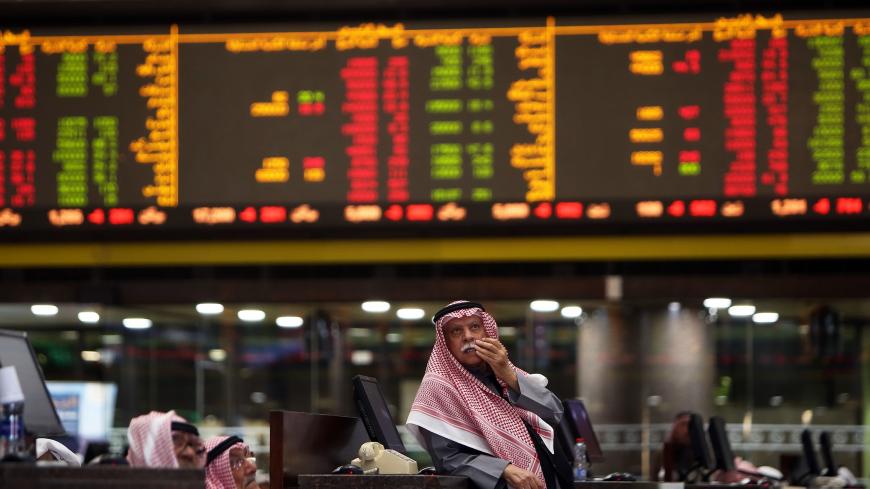As the COVID-19 pandemic's economic damage continues, governments around the world are trying to intervene in the financial sector to stop the bleeding. Many governments are using their central banks to reduce the cost of borrowing by lowering interest rates, or to create stimulus packages that expand government loans to businesses or even direct cash transfers to workers as unemployment benefits or tax relief. Small businesses have been acutely affected by the pandemic as a result of crashed consumer demand as lockdowns continue globally, forcing billions of people to stay home and forgo travel for work or pleasure.
For the Gulf Cooperation Council (GCC) states, directing economic relief through the financial sector has some region-specific challenges. The state looms large over the financial sector in the Gulf, and this crisis is underscoring the limitation of GCC governments to spur organic growth in the private sector.



